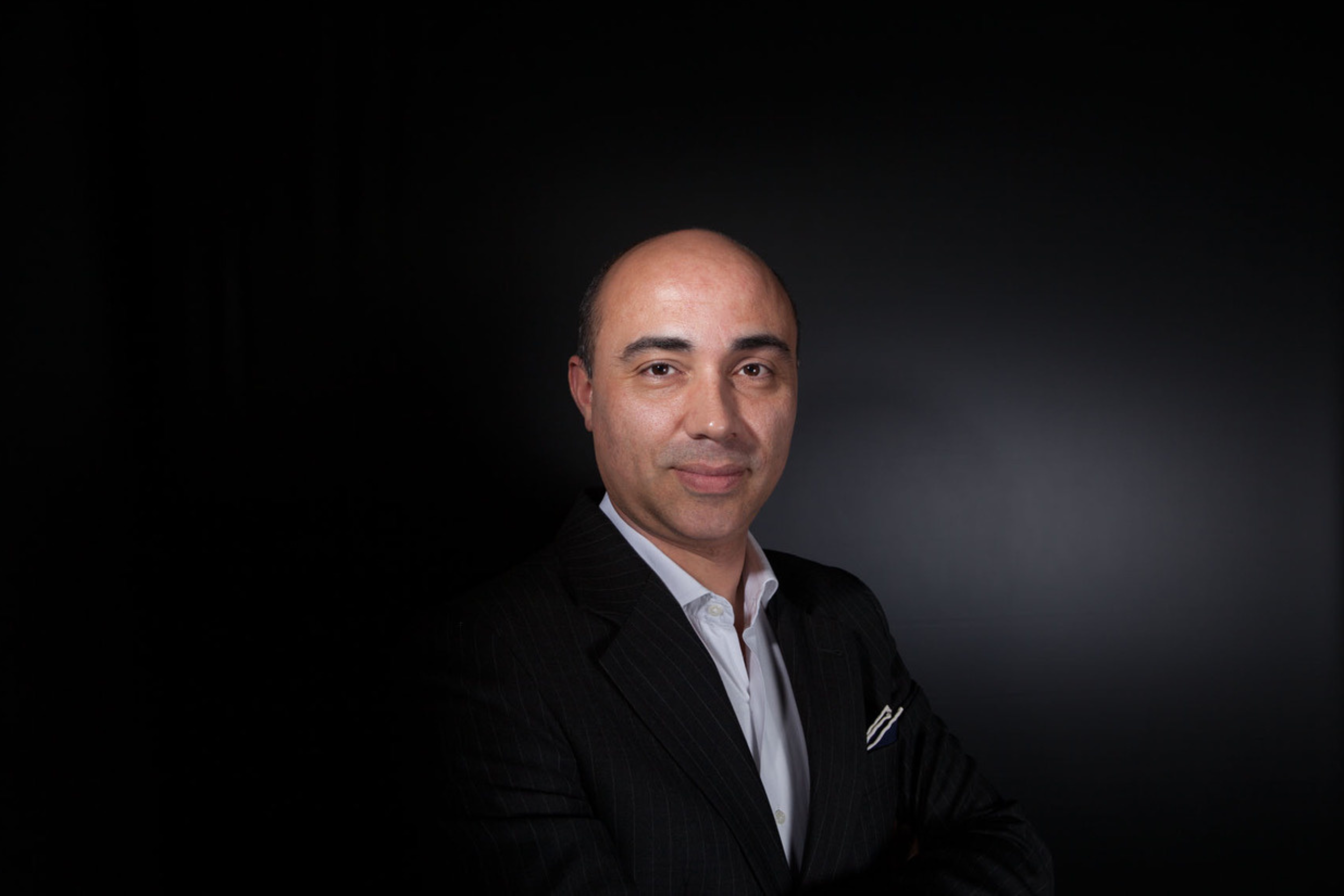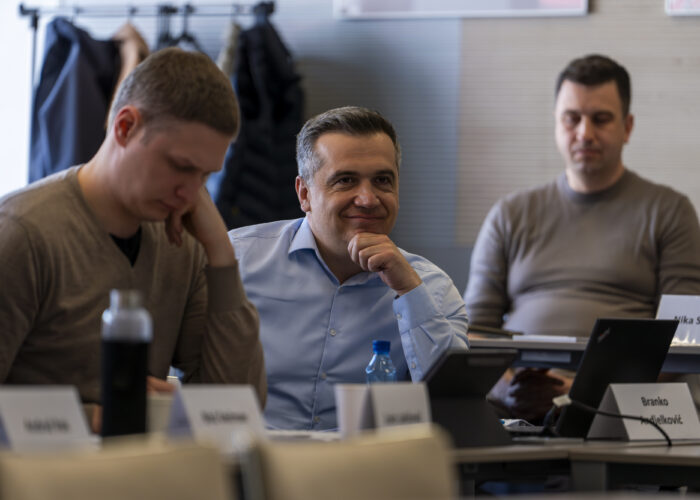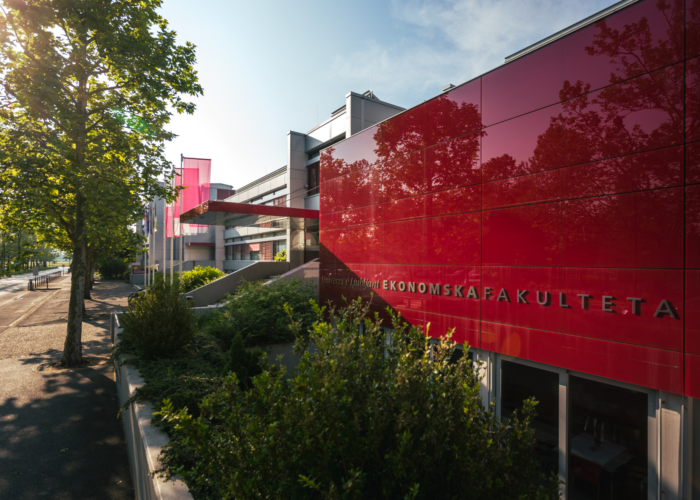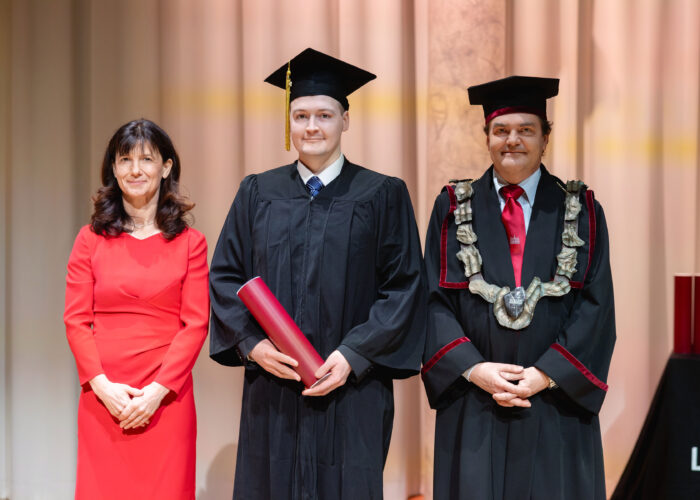Cookies, which are installed to your browser, anonymously collect specific information about your visits to the website. They enable us to guarantee the function of every website application, specific content is tailored especially for you and the visit analysis opts for constant improvements to the website.

LJUBLJANA MBA Alumni Spotlight: Avgoustinos Kotsonis
22. March, 2021
LJUBLJANA MBA 2018/2020 graduation ceremony
3. September, 2021
LJUBLJANA MBA Alumni Spotlight: Avgoustinos Kotsonis
22. March, 2021
LJUBLJANA MBA 2018/2020 graduation ceremony
3. September, 2021LJUBLJANA MBA 10 years: Luis Madureira - Best professor award Ljubjana MBA generation 2019/2020

Luis Madureira, you have received a special award from the 2019/2020 generation. They have selected you as their best professor. What does this mean to you?
This award is incredibly gratifying given the Ljubljana MBA fellow teacher’s quality and cutting-edge topics. Firstly, it made me realize that I am at the top of my game as an educator, which translates into a higher impact on student’s life, society, and business.
Secondly, it means that Competitive Intelligence (CI) is a critical discipline that can make ‘the’ difference in business administration. CI teaches you how to grow and address the current Volatility, Uncertainty, Complexity, and Ambiguity (VUCA) in business by using data-driven decision making.
In a nutshell, it means that I am living up to the #ACME (Ambassador, Champion, Mentor, and Educator) expectations that the Council of Competitive Intelligence Fellows deposited in me when they made me a Fellow back in 2018.
How would you describe your work with companies? How and where do you help them?
My job is to help organizations successfully navigate 🧭 the extremely challenging competitive environment of today. We do this at UBERBRANDS by developing actionable insights (the deep understanding of an issue) that shed light on the most pressing challenges in business. These are mainly the Information Overload that leads to paralysis or poor decision making; the sophistication of the Social Consumer, which is the main reason why organizations need Digital Transformation; and VUCA, which leads to bad performance and lack of growth. To be able to develop such insights we use the most advanced technologies such as Social Listening, Artificial Intelligence, Machine Learning, or Deep Learning together with a human-centered problem-solving mindset (aka Design Thinking).
Our recommendations give the top and middle management executives viable alternatives to drive their business towards the objectives they aim for. We make the complex simple to support winning strategy, game-changing innovation, and sustainable growth.
What is your ideal outcome after your MBA class is finished?
I believe I have fulfilled my mission if two conditions are met:
1. The necessary condition is for alumni to realize that without Competitive Intelligence, their success is merely due to intuition and luck. Strategic Intuition requires a lot of experience, and unfortunately, luck is something that you cannot always rely on.
2. The sufficient condition is that alumni start applying what they learn in the course straight away. This is why all tools and frameworks we use come with 1-pager guidelines and templates they can use the very next day.
What are qualities do you think an MBA professor must-have?
MBA professorship needs a different mindset. MBA alumni's main objective is to learn how to lead and help organizations run efficiently and meet their short- and long-term goals. This means that they look for cutting-edge knowledge, practical experience, and advice on doing their future jobs.
The theory is not enough. Everyone has access to all knowledge these days. The MBA professor must operate as a curator of the relevant, most up-to-date content while assuring its efficient delivery (as MBA alumni are extremely busy with their jobs - executive - or getting back to the executive life - full time). At the same time, an MBA professor must be able to share his experience in applying such concepts in real life. For example, when discussing a Case Study, MBA Alumni are not interested in the solution by itself but rather in understanding how they can solve the problem. And they want the teacher to discuss with them and share his experience and expertise in tackling similar issues.
To summarise, an MBA professor needs to be first and foremost highly pragmatic, experienced, knowledgeable, be updated, and empathetic (understand Alumni needs and mission).
Where do you turn to learn new things, and where do you find inspiration?
It may sound cliché, but I set up my CI system. This works like a radar that identifies the most pressing issues in the business world and allows me to investigate and be prepared to address them. For example, this is how I developed INNOVAction, a Design Thinking mindset-based end-to-end innovation program. Or how I set SMINT, a real-time CI early Warning System that can, for example, be the Operating System of Digital Transformation for any organization.


